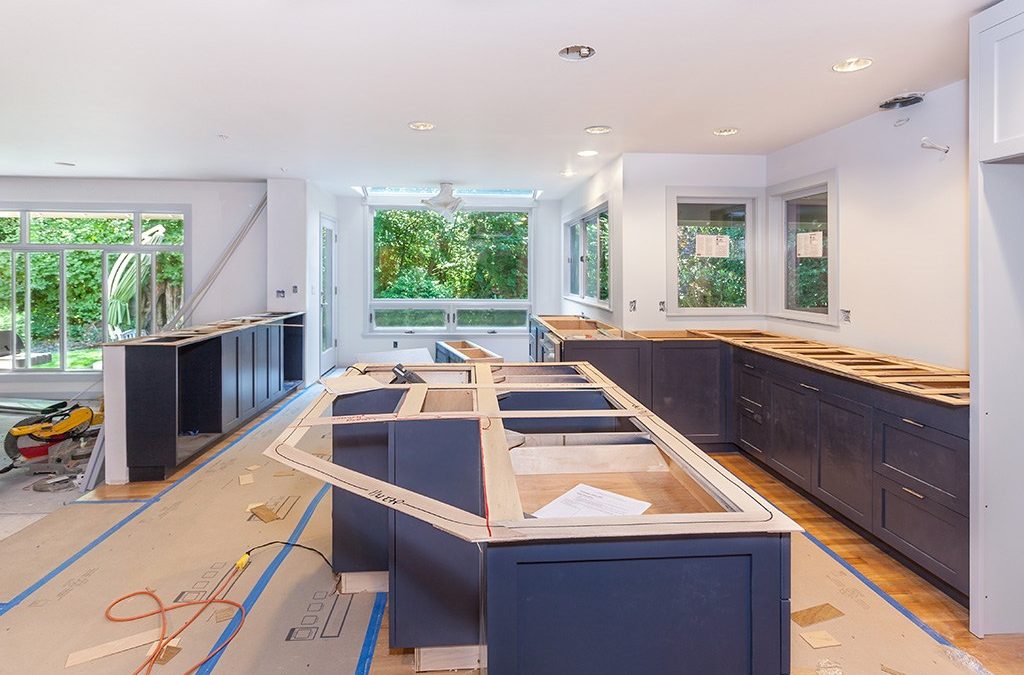How to Begin Your Home Renovation
Whether you’re hoping to increase the value of your home before putting it on the market or looking to upgrade and personalize the one you recently purchased, a home renovation project can be both rewarding and exciting. There’s a lot to consider when beginning a renovation and many key details that are important to know. Here are some tips to help you get started before the demolition tools come out.
Drawings, architects and inspiration
Most residential projects rely on architectural drawings to begin. An architect typically can’t start without a survey of any exterior work, but most architects will help with permit applications. A licensed land surveyor is the only official source for a new survey.
Websites, like Houzz and Pinterest, are valuable visual tools to get inspired and start gathering ideas for your renovation.
Contractor/Project Manager
For a large renovation or build, it is always a good idea to prepare a shortlist of managers at the start of the project. Bringing someone on in the early stages of planning ensures they will be fully aware of the entire project as a whole. It also means they can start lending their expertise right at the beginning. An experienced builder will be able to communicate some of the problems that typically arise during a home renovation and help you prepare for them.
Permits
It’s always advisable to assume that any construction work will require city permits, and drawings are necessary for permit submissions. Permits usually take 1–2 months of processing time, and some require deposits that are held for a period after construction has been completed.
The following steps are required to secure a construction permit:
- Completed drawings must be submitted for zoning review. The city will contact you with information about the project and whether or not it complies with current zoning regulations. If it does not, you must make an application to the Committee of Adjustments, where you will receive an opportunity to present your case to the city. • If approved at Committee, you can submit to the city for permits and hopefully receive a timely approval. If denied at Committee, you can appeal to the Local Planning Appeal Tribunal (LPAT). • LPAT is the final say on permit matters and their decision is binding. Legal recourses are available, but they can be expensive and time-consuming.
Want to find out more about what’s going on in Toronto? Contact me, let’s sit for a coffee and a chat.
